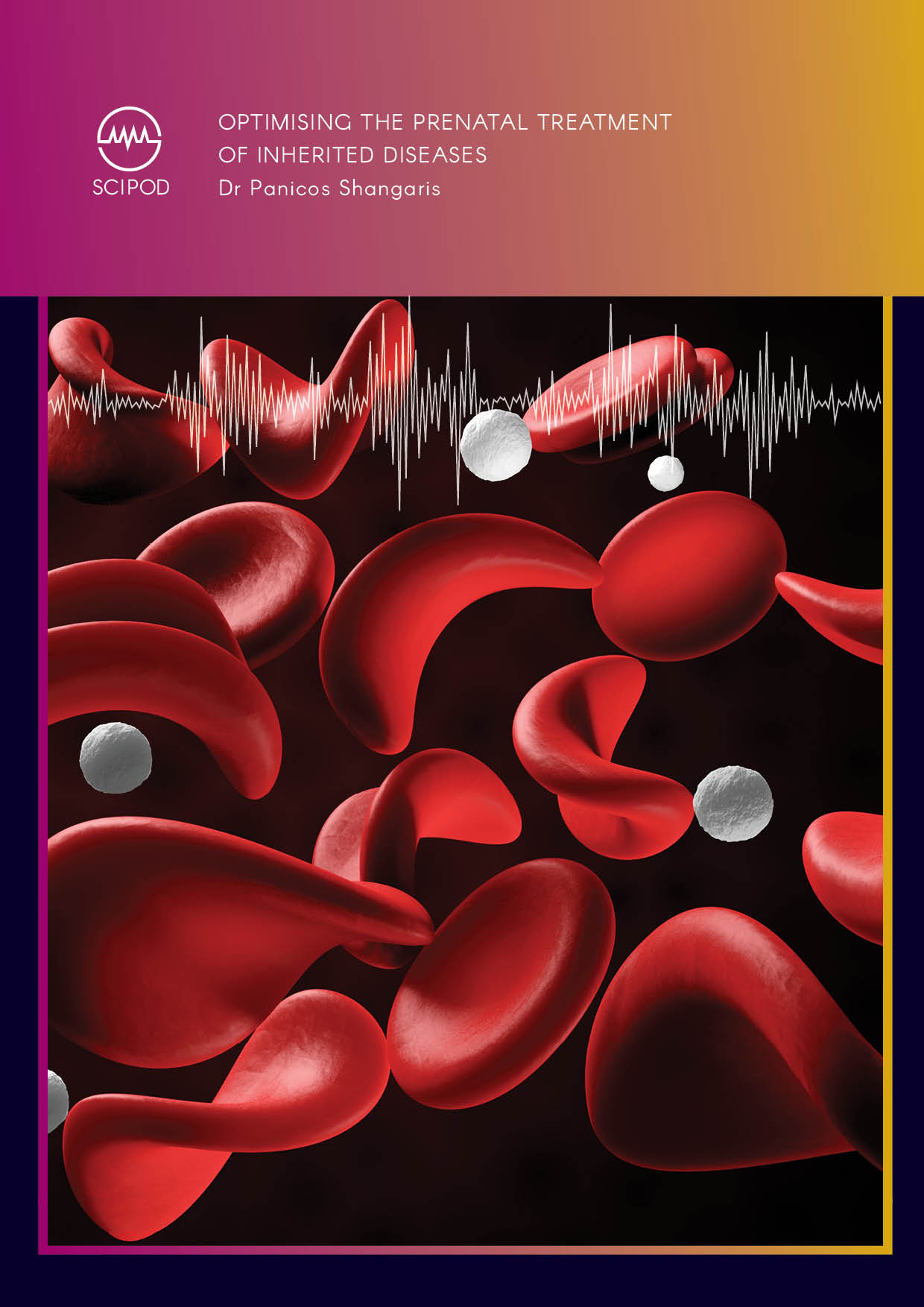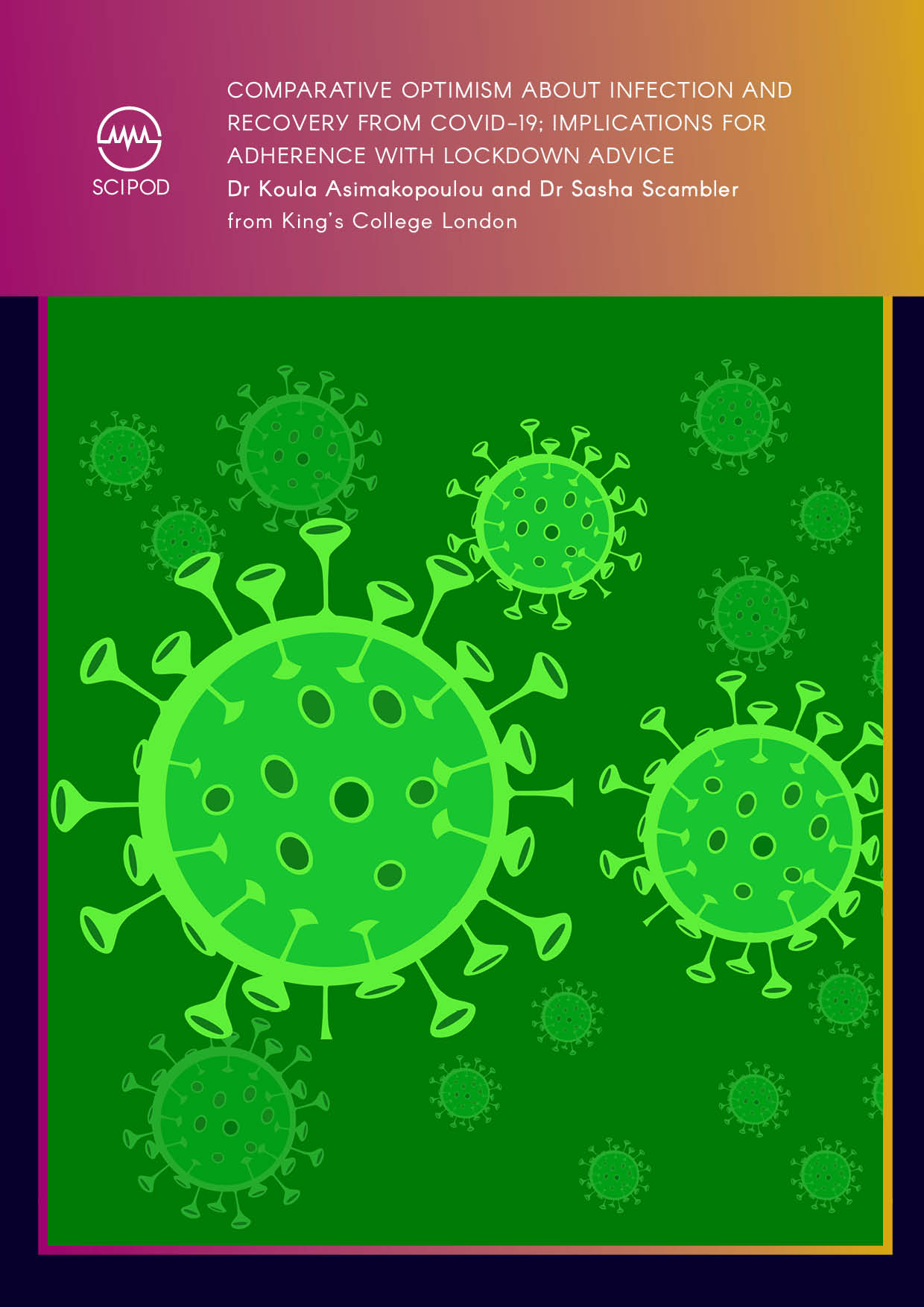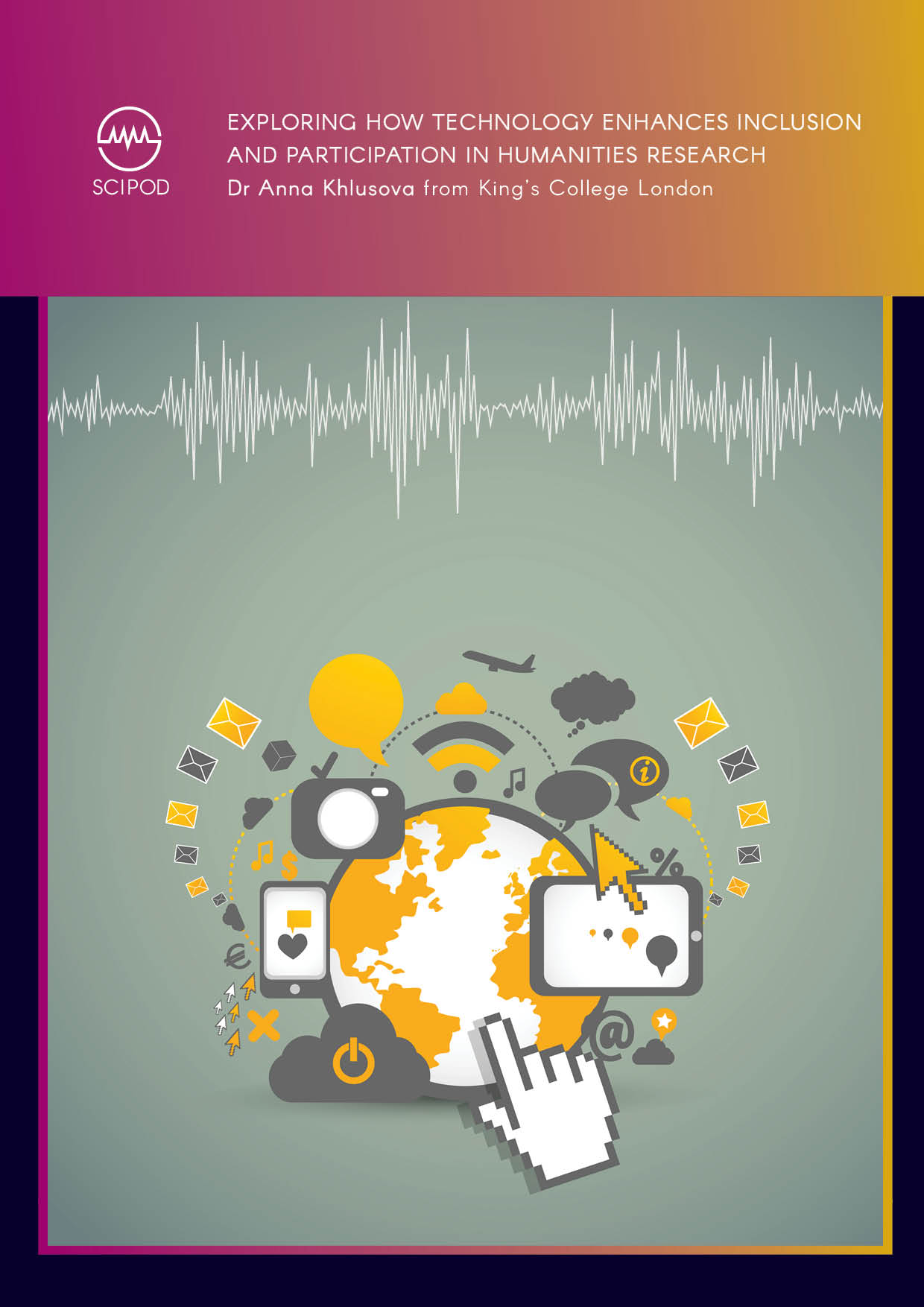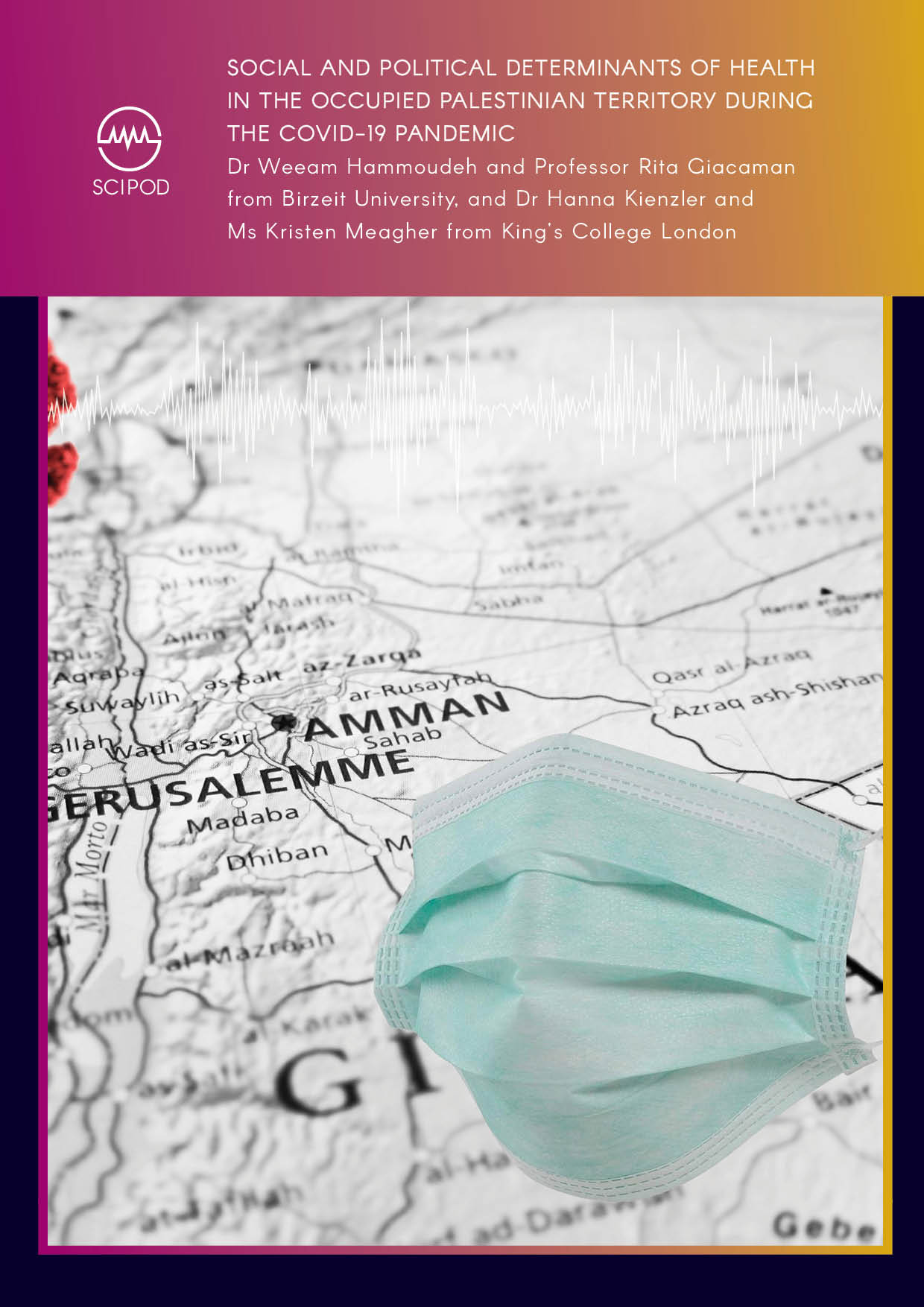Examining Behavioural Changes During COVID-19 Lockdowns – Centre for Time Use Research
Share Episode
In Collaboration with



Original Article Reference
This SciPod is a summary of the paper
‘Using time-use diaries to track changing behavior across successive stages of COVID-19 social restrictions’, from Proceedings of the National Academy of Sciences of the United States of America.
https://doi.org/10.1073/pnas.2101724118
About this episode
The COVID-19 pandemic has dramatically changed how people work, travel, spend their free time, and interact with each other. This change was in large part influenced by the restrictions that governments put in place to limit the spread of the virus. Researchers at the Economic and Social Research Council Centre for Time Use Research, part of University College London, have been monitoring how people’s behaviours changed across different stages of the pandemic.
Over the past two years, governments worldwide have been implementing new rules and measures to reduce the spread of COVID-19, in order to limit hospital admissions and prevent death. This included urging people to work from home, close their businesses, wear protective masks, get tested for the virus before travelling, and in particularly critical moments, to only leave the house when strictly necessary.
These new rules have had a serious impact on the lives of most people worldwide, causing them to change their routine interactions and daily activities. While we are all aware of the changes that followed COVID-19 restrictions, so far there have been relatively few studies investigating the detailed behavioural effects of the new regulations as the pandemic played out.
Meet the researchers
Follow us on Twitter:
Prof Oriel Sullivan
Webpage: iris.ucl.ac.uk/iris/browse/profile
E-mail: o.sullivan@ucl.ac.uk
Prof Jonathan Israel Gershuny
Webpage: iris.ucl.ac.uk/iris/browse/profile
E-mail: j.gershuny@ucl.ac.uk
Prof Almudena Sevilla
Webpage: iris.ucl.ac.uk/iris/browse/profile
E-mail: a.sevilla@ucl.ac.uk
Dr Francesca Foliano
Webpage: iris.ucl.ac.uk/iris/browse/profile
E-mail: f.foliano@ucl.ac.uk
Dr Margarita Vega-Rapun
Webpage: iris.ucl.ac.uk/iris/browse/profile
E-mail: m.vega@ucl.ac.uk
Dr Juana Lamote de Grignon Perez
Webpage: timeuse.org/JuanaLamote
E-mail: j.lamote@ucl.ac.uk
Dr Teresa Harms
Dr Pierre Walthery
Webpage: iris.ucl.ac.uk/iris/browse/profile
E-mail: p.walthery@ucl.ac.uk
More episodes you may like
Dr Panicos Shangaris | Optimising the Prenatal Treatment of Inherited Diseases
The greatest challenge for ageing populations is that vaccines can be less protective for the elderly due to the age-related decline of the immune system. This means that improving the efficacy of vaccines in the ageing population is crucial to public health. Dr Lei Jin and colleagues from the University of Florida set out to develop a novel strategy to directly address this key issue.
Comparative Optimism about Infection and Recovery From COVID-19; Implications for Adherence with Lockdown Advice – Dr Sasha Scambler and Dr Koula Asimakopoulou, King’s College London
Exploring How Technology Enhances Inclusion and Participation in Humanities Research – Dr Anna Khlusova, Kings College London
Social and Political Determinants of Health in the Occupied Palestinian Territory During the COVID-19 Pandemic
More resources
This work is licensed under a Creative Commons Attribution 4.0 International License. 
What does this mean?
Share: You can copy and redistribute the material in any medium or format
Adapt: You can change, and build upon the material for any purpose, even commercially.
Credit: You must give appropriate credit, provide a link to the license, and indicate if changes were made.




